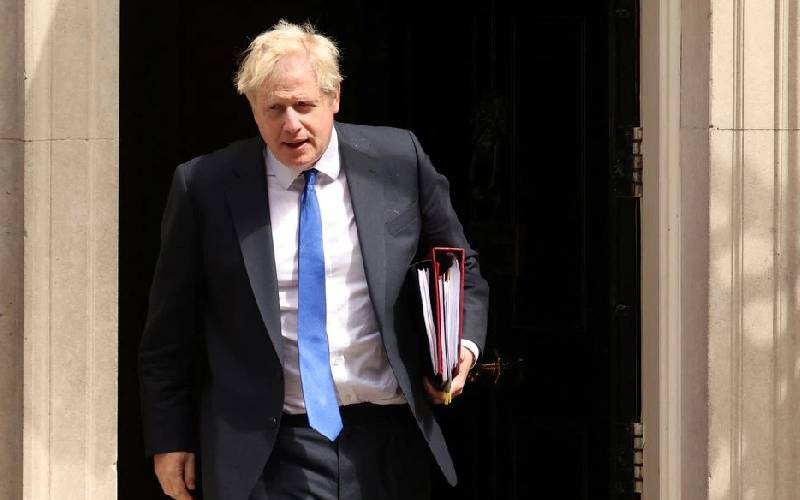×
The Standard e-Paper
Kenya’s Boldest Voice

Boris Johnson is set to resign as the Conservative Party leader today.
According to the British press, Boris will stand down as the Conservative Party leader but continue to serve as the prime minister until autumn.